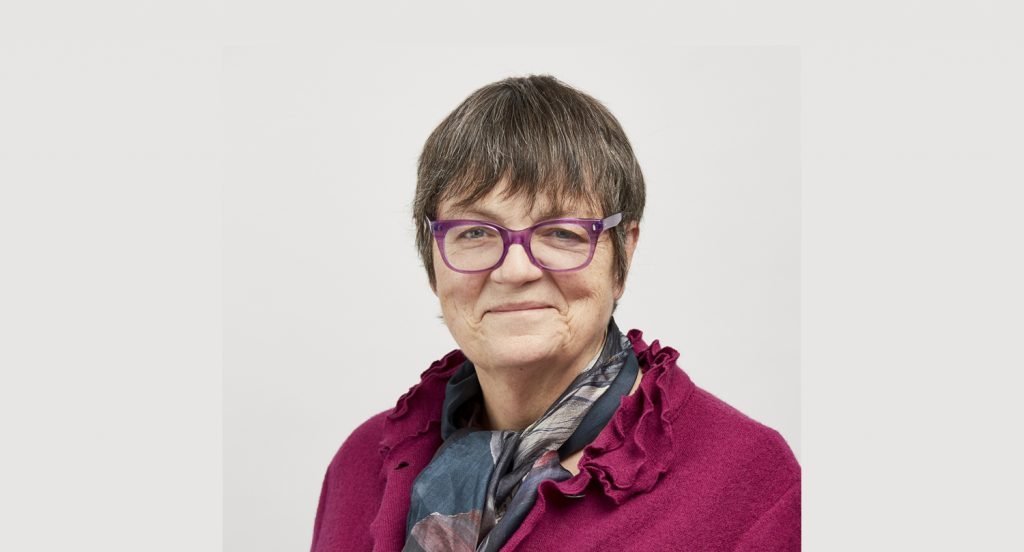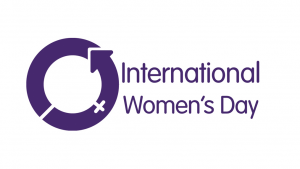
International Women’s Day – Services for Women
 On International Women’s Day, our Chair, Fiona Mactaggart, discusses the need for specific services for women experiencing homelessness. Fiona is also Chair of Agenda and the Fawcett Society.
On International Women’s Day, our Chair, Fiona Mactaggart, discusses the need for specific services for women experiencing homelessness. Fiona is also Chair of Agenda and the Fawcett Society.
As well as chairing Commonweal Housing, I am also chair of Agenda, the alliance for women and girls at risk. We have just published “Breaking Down the Barriers”, the report of a commission chaired by Baroness Hilary Armstrong on domestic and sexual violence and multiple disadvantage.
After the launch I had a chat with Polly Neate, Chief Executive of Shelter and also a Trustee of Agenda. We reflected on how women’s experience of becoming street homeless is different to that of men. Men can usually name the moment which catapulted them into homelessness, whether it was being made redundant or being thrown out of their home by a parent or partner. For women it’s not usually a single trigger but a combination of circumstances. They are less likely to suddenly lurch into homelessness, and more likely to face so many complex experiences that it is hard for them to name the moment or the incident which led to their homelessness.
And the consequences of homelessness are often more complex for women; Commonweal sponsored some fascinating research by Brighton Women’s Centre into rough sleeping couples, and it is obvious that finding a partner is one way some women find safety when they are on the streets. When the only places to find refuge are mixed hostels many women are at risk of violence and too often the safest option for vulnerable women is survival sex.
It’s time that policies stopped being designed around men. Yes, more men are homeless on the street than women, but women who face street homelessness are more likely to be experiencing substance abuse and poor mental health than men. The fact that services are designed around men means that too many women avoid them or are let down when they seek help.
Let’s celebrate this International Women’s Day by investing in better services for the most vulnerable women who face homelessness; the asylum seekers with no recourse to public funds who are desperately trying to care for their children while appeals are being processed, or women who have been victims of domestic abuse and are self-medicating with alcohol who as a result are refused refuge places.
The point is surely that we should do more at an early stage to prevent homelessness among this group of women. If there were trauma informed services available to vulnerable women who seek help, if those services asked about experiences of domestic violence at an early stage, if specialist services were properly funded to help women who are leaving prison, escaping domestic violence or trying to exit from prostitution we could prevent a lot of damage to vulnerable women.
